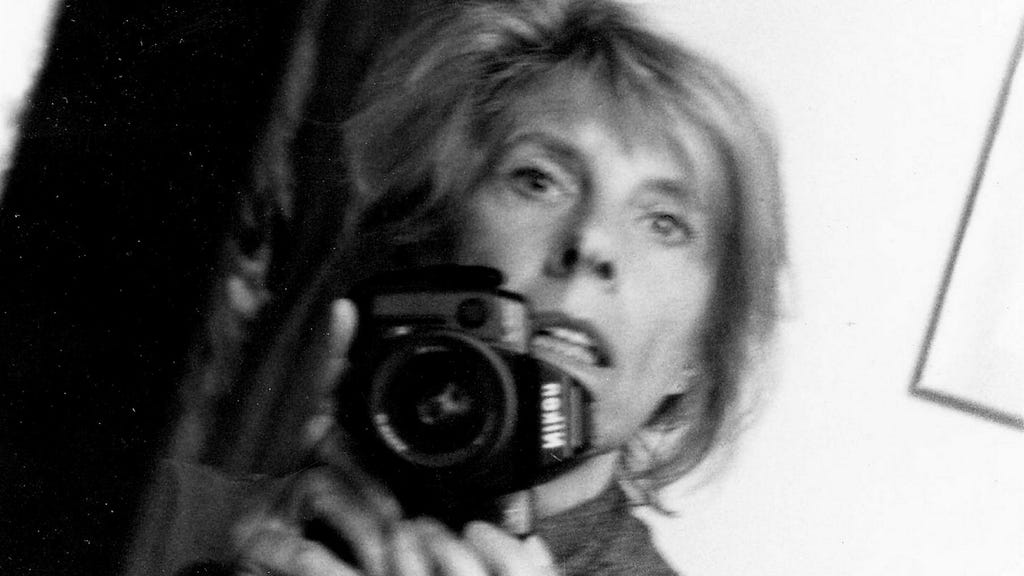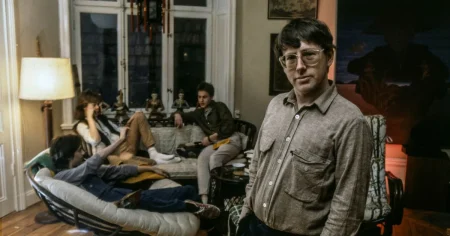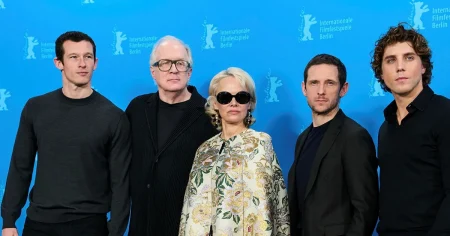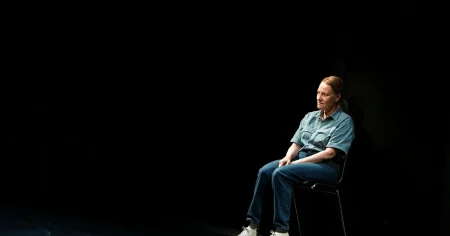Gunvor Nelson: A Pioneer of Personal Cinema
Gunvor Nelson, a Swedish-American filmmaker, etched her name in the annals of avant-garde cinema, particularly within the vibrant artistic landscape of San Francisco. Born as Gunvor Grundel in Kristinehamn, Sweden, her journey began with studies at Konstfack, the University of Arts, Crafts and Design in Stockholm. The 1950s marked a pivotal shift as she crossed the Atlantic, immersing herself in the burgeoning American art scene. She further honed her craft at the San Francisco Art Institute, a crucible of creativity where she met her husband, Robert Nelson, and subsequently contributed to the institution as a film instructor until 1992. After nearly four decades of enriching the American cinematic landscape, Nelson returned to her native Sweden, bringing with her a wealth of experience and a distinct artistic vision.
Nelson’s cinematic oeuvre is deeply rooted in the personal, earning her films the moniker "personal films." This defining characteristic stemmed from her intimate exploration of her own life, her family, and her connection to both Sweden and the United States. Her debut film, "Schmeerguntz" (1966), co-created with Dorothy Wiley, laid the groundwork for a career that would consistently blur the lines between art and life. This personal touch culminated in the poignant "My Name is Oona" (1969), a heartfelt tribute to her daughter. Throughout her career, Nelson revisited themes of family and place, most notably in "Time Being" (1991), a moving portrayal of her dying mother. These films, often deeply personal and introspective, serve as a testament to her ability to transform lived experience into compelling cinematic narratives.
Nelson’s cinematic exploration also extended to her birthplace, Kristinehamn, a recurring motif in her work. This enduring connection to her roots provided a rich tapestry of experiences and memories, which she masterfully wove into her films. Her work transcends mere autobiography, delving into universal themes of family, memory, and the passage of time. The specific details of her life, from her childhood in Kristinehamn to her life in the United States, become portals into broader human experiences, resonating with audiences on a deeply emotional level.
The international art world recognized Nelson’s significant contributions. In 2006, the Museum of Modern Art (MoMA) in New York hosted a retrospective of her films, a testament to her influence on the avant-garde film movement. This recognition continued in 2007 with an exhibition at the Moderna Museet in Stockholm, showcasing her diverse body of work, including the thought-provoking "Take Off" (1972). This film, with its surreal depiction of a striptease culminating in the protagonist removing her limbs, exemplifies Nelson’s ability to blend the mundane and the absurd, creating a uniquely unsettling yet captivating cinematic experience. In the same year, she was awarded a royal medal for her outstanding artistic achievements, further solidifying her place in the pantheon of influential filmmakers.
The legacy of Gunvor Nelson continues to inspire and resonate. In 2024, the exhibition "Personal Films," featuring her work alongside that of filmmaker Sara Broos, opened at Kulturhuset in Stockholm and subsequently travelled to Kristinehamn. This exhibition not only highlighted Nelson’s enduring impact but also emphasized the continued relevance of her films to contemporary audiences. Broos, a filmmaker deeply influenced by Nelson, remembers her mentor as a multifaceted individual – sharp and humble, warm and humorous, and perpetually driven by curiosity. This mentorship, initiated by Nelson’s encouragement of Broos’s early work, underscores Nelson’s generosity and her commitment to nurturing the next generation of filmmakers.
Even in her later years, Nelson’s passion for her craft remained undiminished. While she was unable to attend the opening of the "Personal Films" exhibition in Kristinehamn, the news of the event brought her immense joy. This anecdote reveals her enduring connection to her art and her appreciation for the recognition she received. Following her passing on January 6th of the following year in Kristinehamn, Broos expressed her determination to carry forward Nelson’s legacy by sharing her films with a wider audience, ensuring that her unique voice continues to resonate with future generations. The enduring appeal of Nelson’s films, even those created in the 1960s, lies in their accessibility and their timeless exploration of the human condition. Through her intimate and often experimental lens, Gunvor Nelson left an indelible mark on the world of cinema, solidifying her status as a true pioneer of personal filmmaking.














